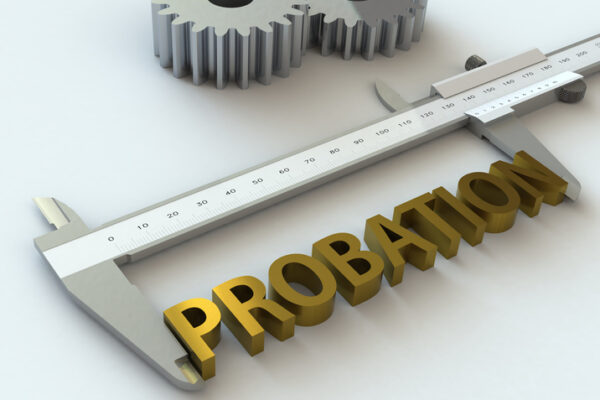Moving home can be a big task to take on board between putting your house on the market, applying for a mortgage and the house hunting process. With that, we hope to alleviate some of the pressure on you in relation to the mortgage aspect by being your advocate when dealing with the banks and streamlining the process for you. Also, based on our experience working alongside one of the main estate agents, we can offer some insight in relation to the process of buying and selling houses, too. We have outlined some of the most popular questions below from our clients, however if you have any other queries, please feel free to contact us.
All sources of information correct as of 01/01/2025.















